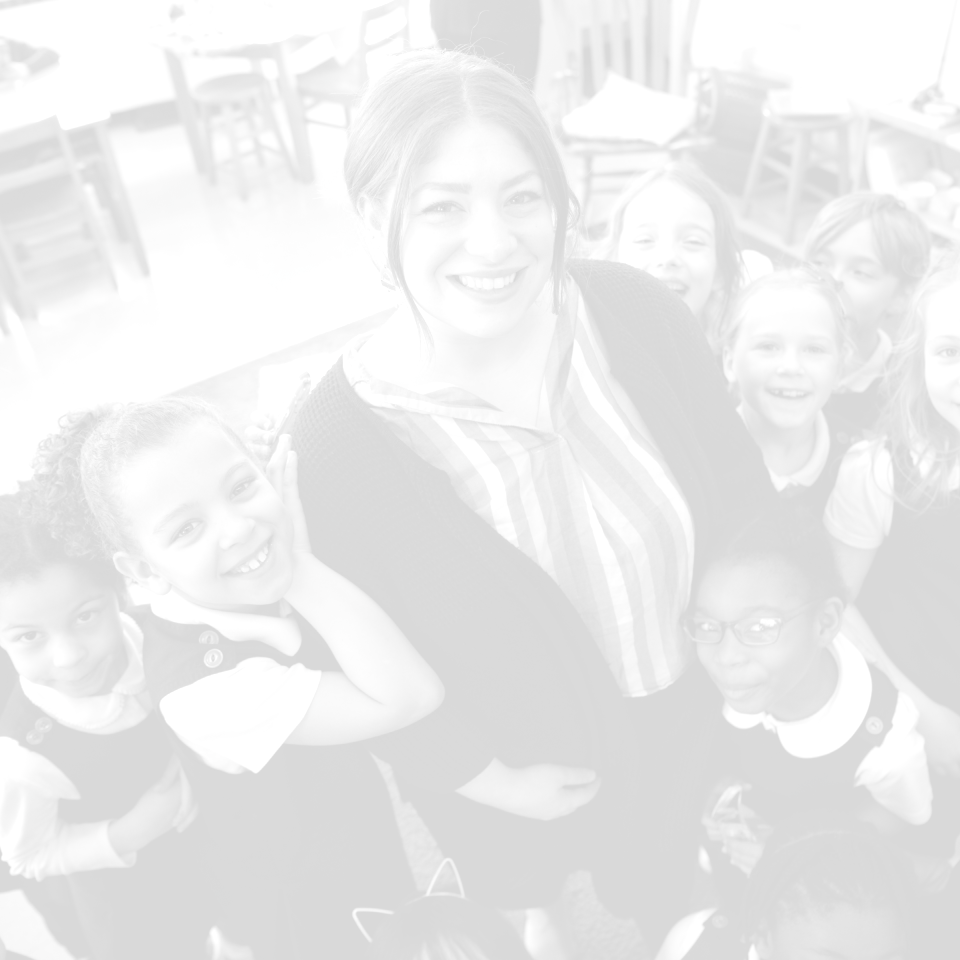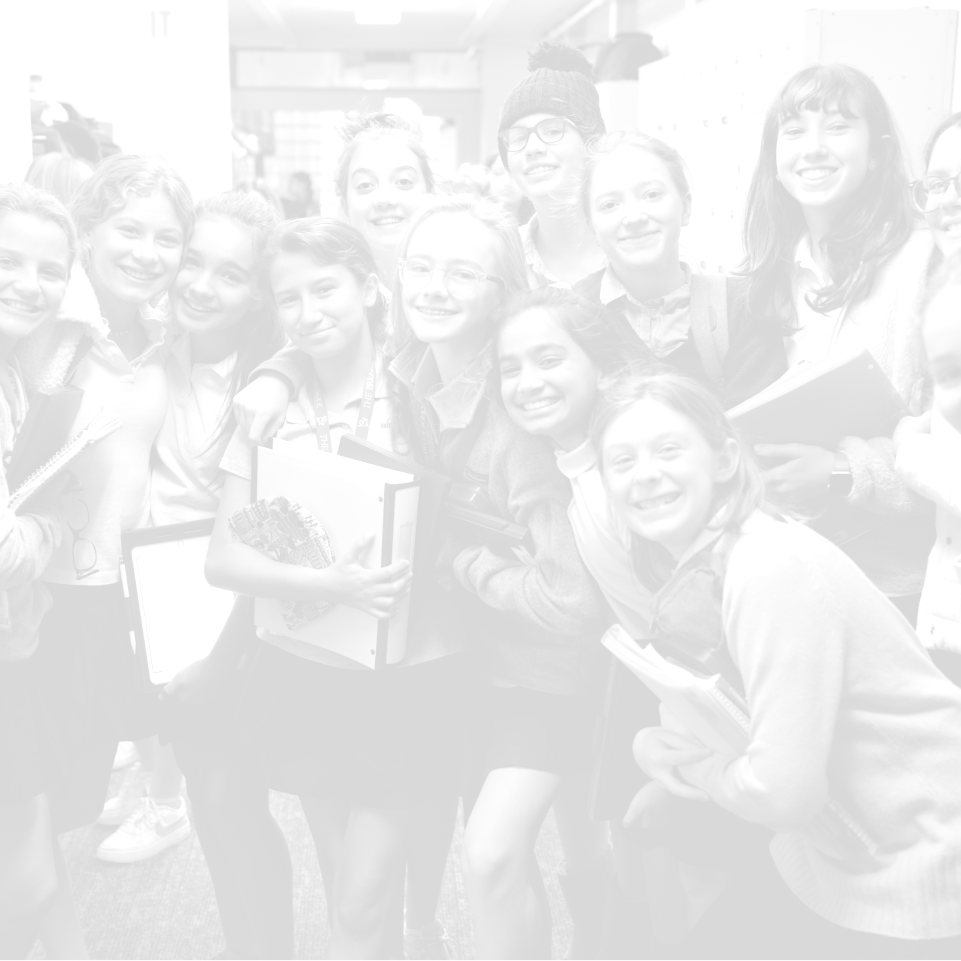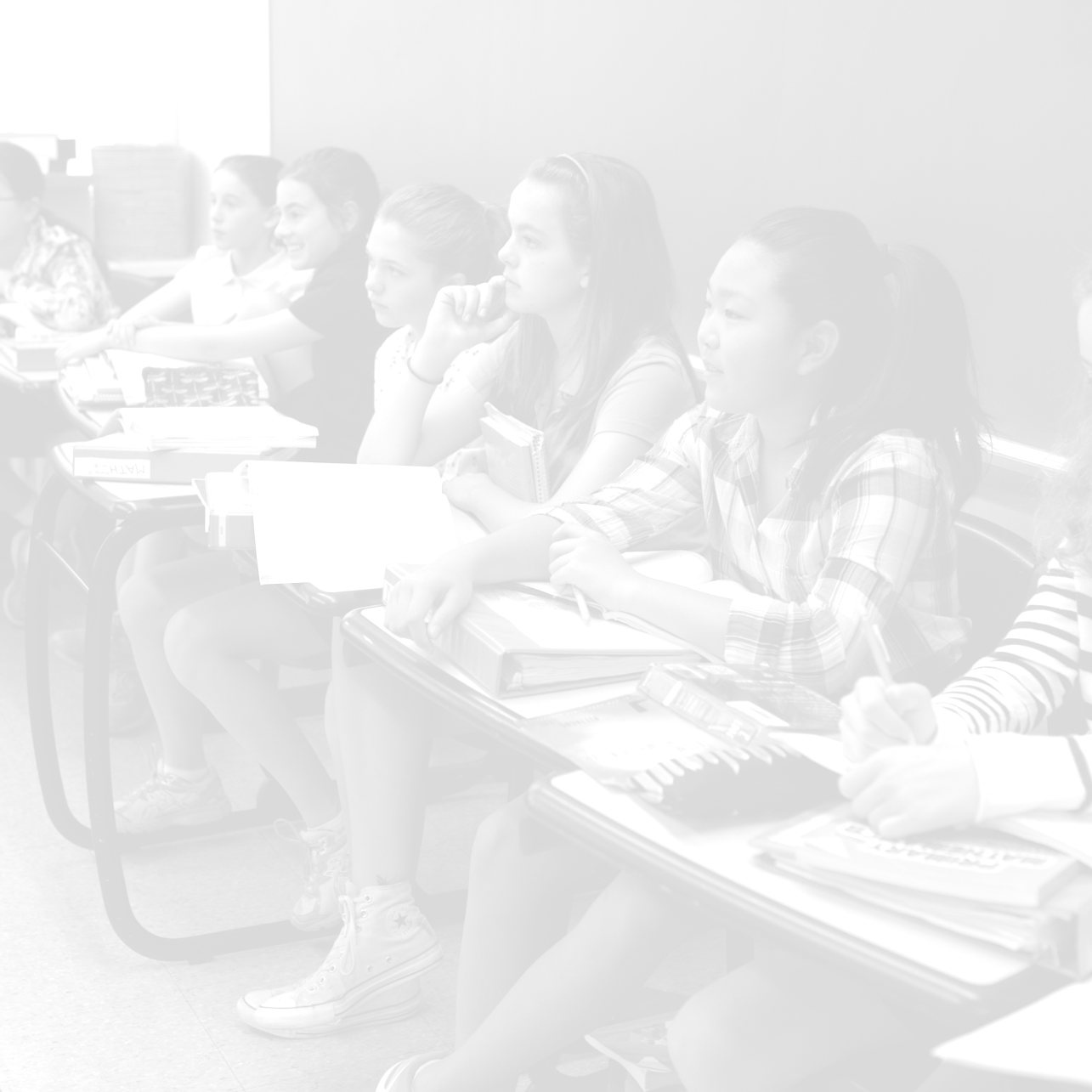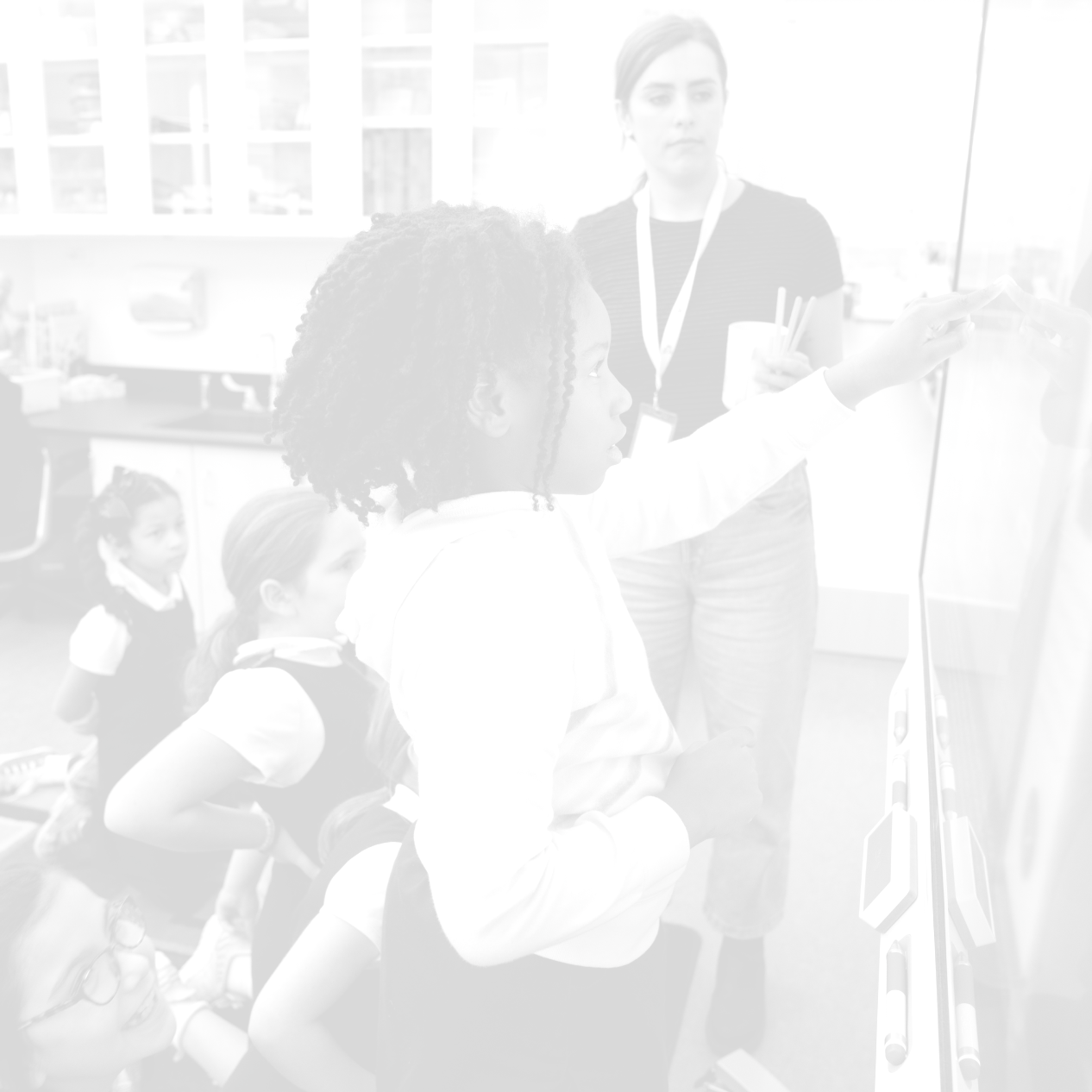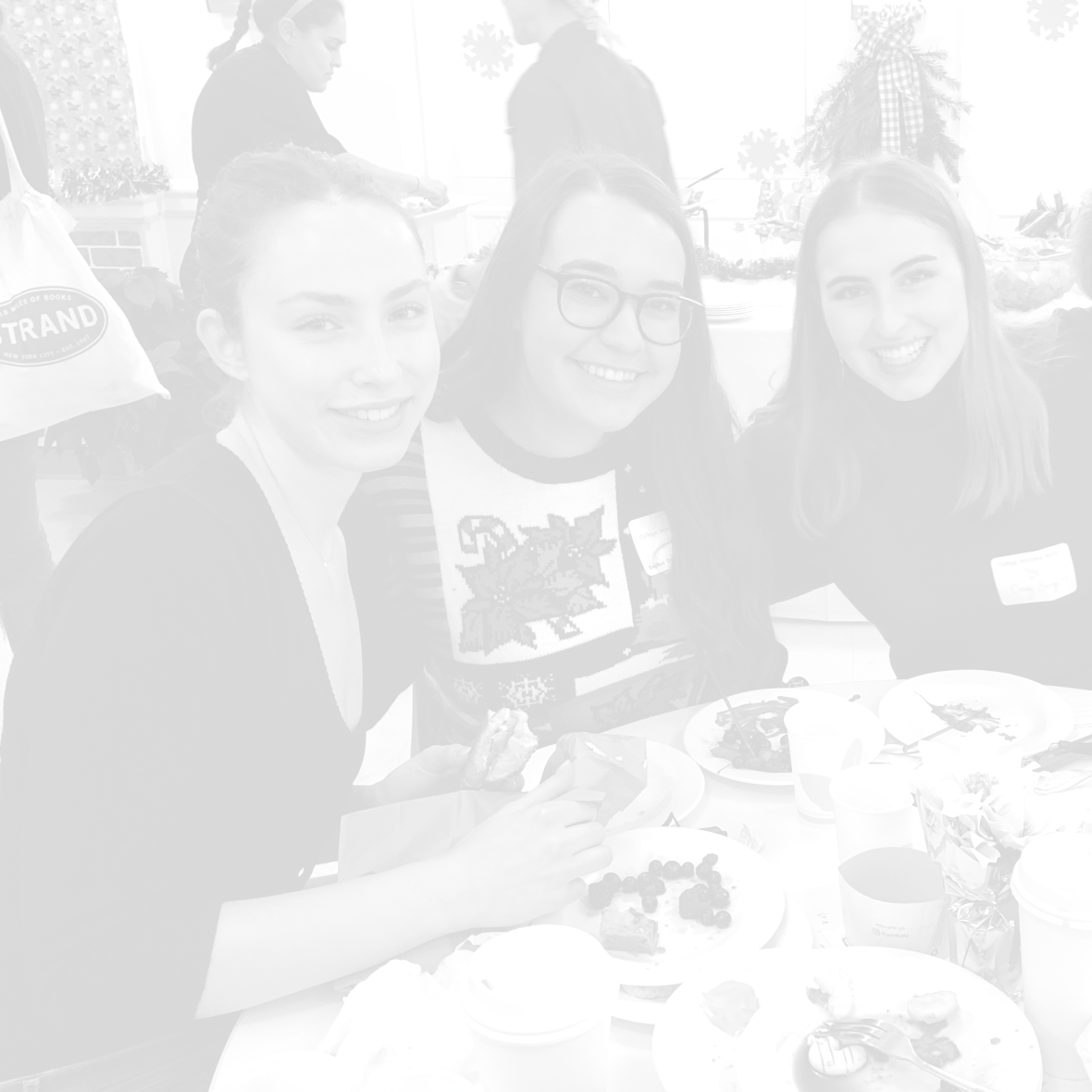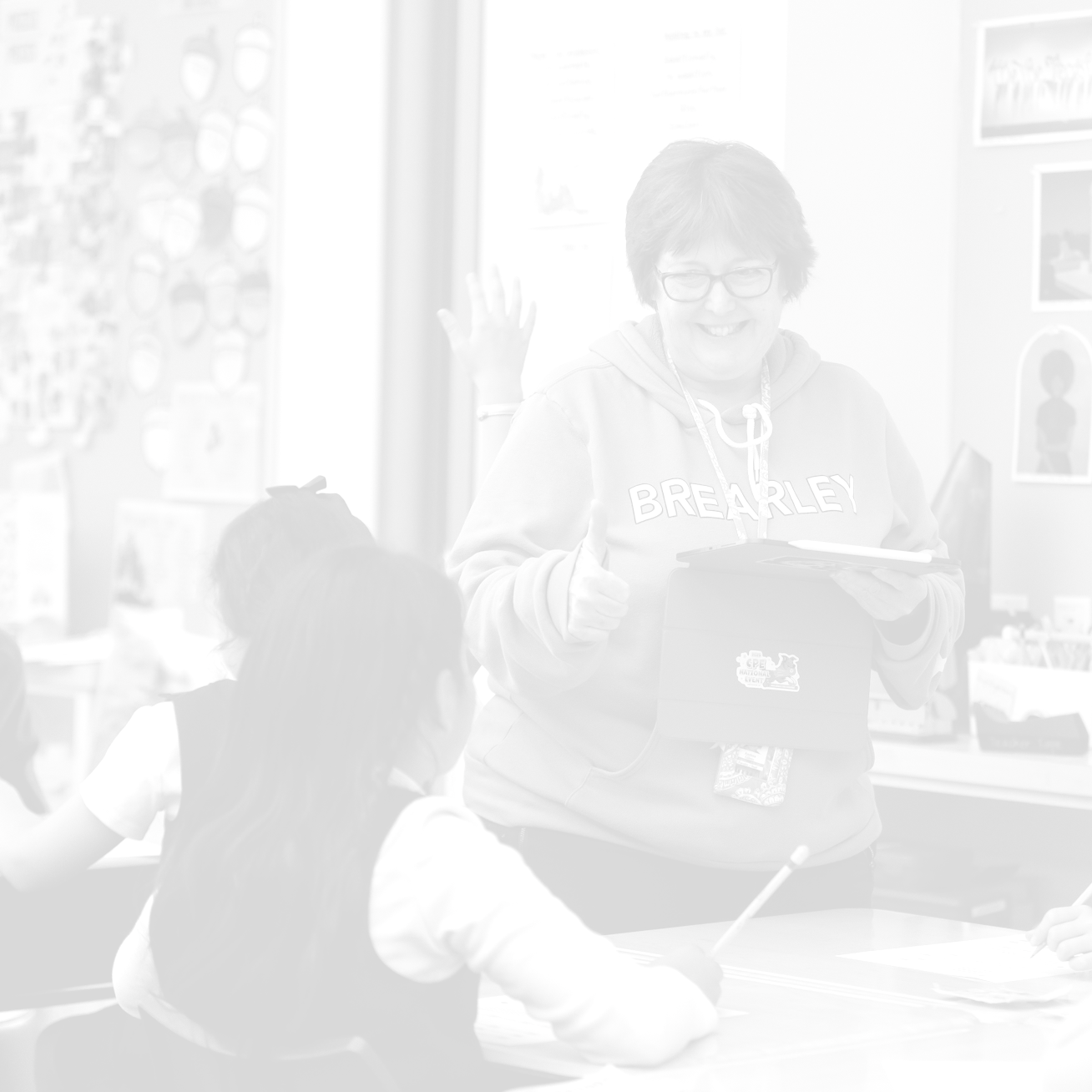On the Liberal Arts by Ms. Fried and Dr. Mulkin
Over the last year, community conversations about curriculum had often led to a discussion of the value and purpose of a liberal arts education. Dr. Mulkin and I thought it an opportune moment to share a few thoughts on the liberal arts at Brearley and the evolution of the School’s curriculum.
On behalf of the Brearley faculty, we offer our Course of Study for the 2021–2022 academic year. It will provide you with an overview of the program for each class and division. Reading through it, you will notice that certain subjects appear at nearly every grade level: mathematics, the physical and natural sciences, history ancient and modern, drawing, singing and public speaking, the English language and its literature, and other languages and literatures both classical and modern. These are the subjects that form the foundation of our program today, as they did in 1884 when Mr. Brearley and Mrs. Choate first opened their “day school for girls.” Taken together, these subjects are known as the liberal arts—“arts” as in “skills” and “liberal” as in “liberating” or “free”—and we believe in their efficacy, then and now, to help us prepare Brearley students to use their education for the benefit of their own lives and for the lives of others. They will likely encounter the liberal arts again at college or university, as these disciplines have also long been the heart of higher education.
For centuries, study of the liberal arts has been valued as a means of leading a young person toward purposeful engagement, personal enlightenment and lifelong curiosity. As taught at Brearley by a skilled, caring and attentive faculty, the curriculum helps the adventurous student first acquire facts, then assemble them into knowledge and eventually, through experience and hard work, transmute this knowledge into wisdom. At every step, the faculty use it to teach critical analysis and creative thinking; clear and persuasive expression in writing and in speech; active collaboration; confidence in the ability to solve problems; and the skill of pulling together disparate pieces of information into a single crystalline idea.
Although the study of the liberal arts has always been our guiding star, our long-time consistency does not mean that our program is static, unexamined or irrelevant. We use the past to understand the present and prepare for the future, and this way of thinking requires continual investigation and scrutiny of what and why we teach. In 1959, Head of School Millicent Carey McIntosh wrote, “People sometimes think of the Brearley as conservative or even rigid in its academic framework. Actually, since its founding, it has been alert to new ideas and flexible in its curriculum.” Mrs. McIntosh counted the introduction of what is today known as the Learning Skills Department and of sexuality health education in Class VI among the innovations of the 1930s. Today, our faculty continue to build upon the foundation laid long ago to create a structure capacious enough to hold both ancient Greek and computational thinking, strong enough to acknowledge a diversity of perspectives and experiences in the pursuit of truth, bold enough to challenge students to go beyond the familiar, and ever mindful of preparing our students for a life of purpose, pleasure, curiosity, hard work and wisdom.
